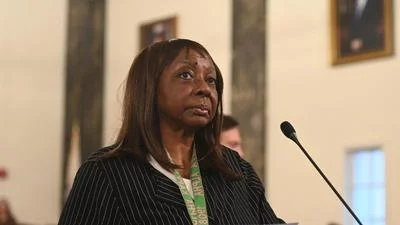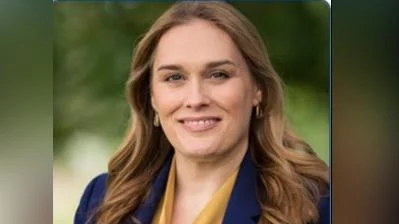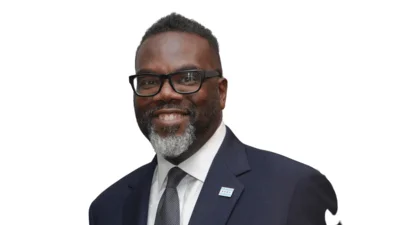Julie Hernandez-Tomlin Commissioner | Chicago City website
Julie Hernandez-Tomlin Commissioner | Chicago City website
On June 20, 2024, Mayor Brandon Johnson, in collaboration with the Mayor’s Office of Community Safety and the Chicago Department of Public Health (CDPH), announced a $6.4 million expansion of the Emergency Supplemental Victims Fund (ESVF) program. This initiative aims to extend support to ten additional communities significantly impacted by violence, aligning with Mayor Johnson’s People’s Plan for Community Safety.
"I am proud to expand this impactful program and holistically support our residents who suffer from the trauma of gun violence," said Chicago Mayor Brandon Johnson. "While we invest heavily in strategies that prevent violence from happening in the first place, we also want to make sure that those already impacted by violence get the support that they need."
The ESVF program will now be available to residents victimized by gun violence or all-cause homicide in one of Chicago's 15 priority community areas. Additionally, families of youth aged 24 or younger who fall victim to homicide anywhere in the city may also be eligible.
"The ESVF program embodies this administration's compassionate, comprehensive, and strategic approach to addressing community violence," stated Deputy Mayor of Community Safety Garien Gatewood. "By offering critical support to the people and communities most adversely impacted by violence, we intend to heal our communities and address the effects of trauma."
Initially piloted by CDPH's Community Safety Coordination Center (CSCC) in December 2022 across five community areas, the ESVF has approved financial assistance for nearly 400 victims and survivors of gun violence. Since 2021, CSCC has collaborated with various City departments and agencies to develop a public health framework for violence prevention.
“Gun violence is a public health issue,” said CDPH Commissioner Olusimbo ‘Simbo’ Ige, MD, MPH. “ESVF was developed to alleviate the immediate impacts of gun violence.”
Eligible applicants can receive up to $1,000 for basic needs and temporary relocation-related costs. Families who lose a loved one to homicide can receive an additional $1,500 for funeral or burial expenses.
“This program showed me that there were people out there that were able to help me,” said Kevin Edwards, a participant receiving victim support after surviving a non-fatal gunshot wound last summer.
Christa Hamilton, president and CEO of UCAN added: “Providing victims of gun violence with compensation immediately following a tragic incident is an important step in strengthening the support systems for victims and survivors in the City of Chicago.”
The $6.4 million funding over two years is partially sourced from the American Rescue Plan Act as part of Mayor Johnson’s Road to Recovery Plan. Funds will be distributed through Victim Services and Street Outreach organizations currently funded by CDPH.
“The Emergency Supplemental Victims Fund does just what it was set out to do,” said Ebony Lane, Victim Services Supervisor at Institute for Nonviolence Chicago.
Further expansion may be considered based on program outcomes and community needs. For more information about ESVF visit chicago.gov/ESVF.






 Alerts Sign-up
Alerts Sign-up